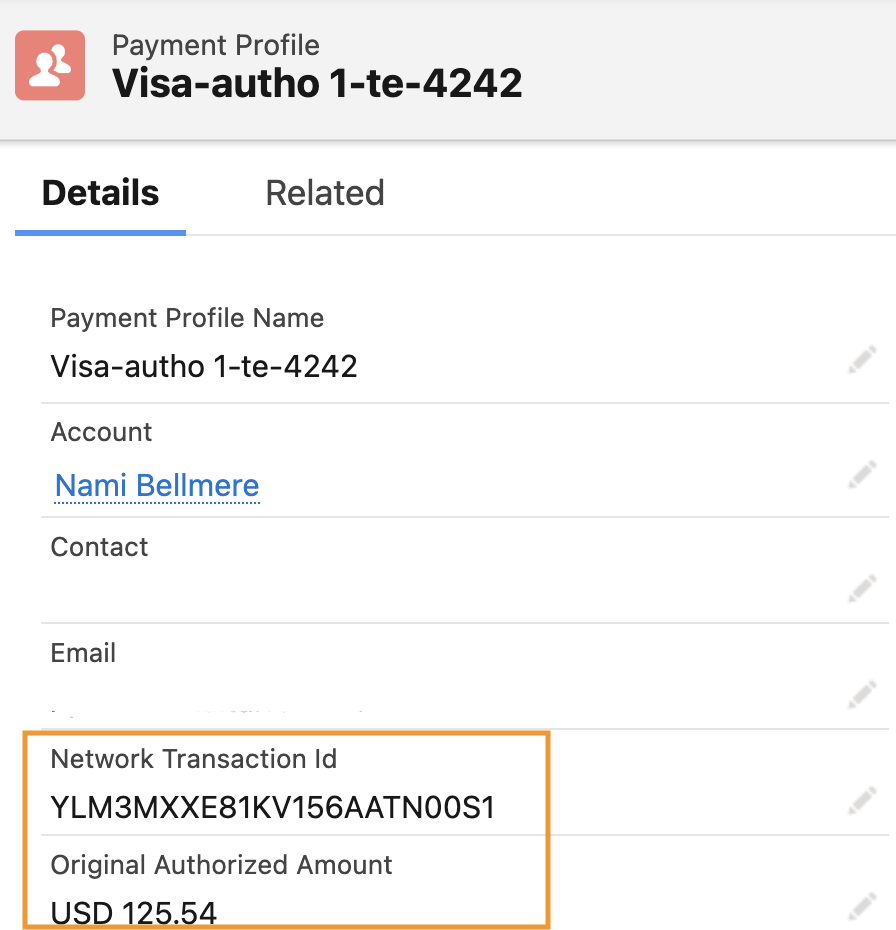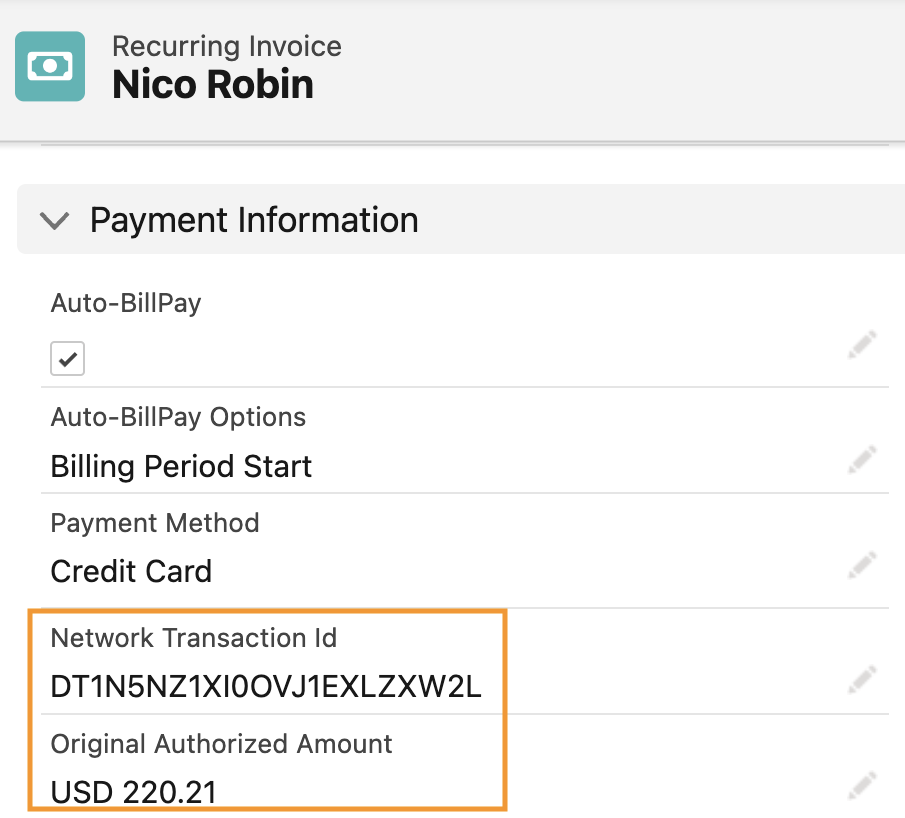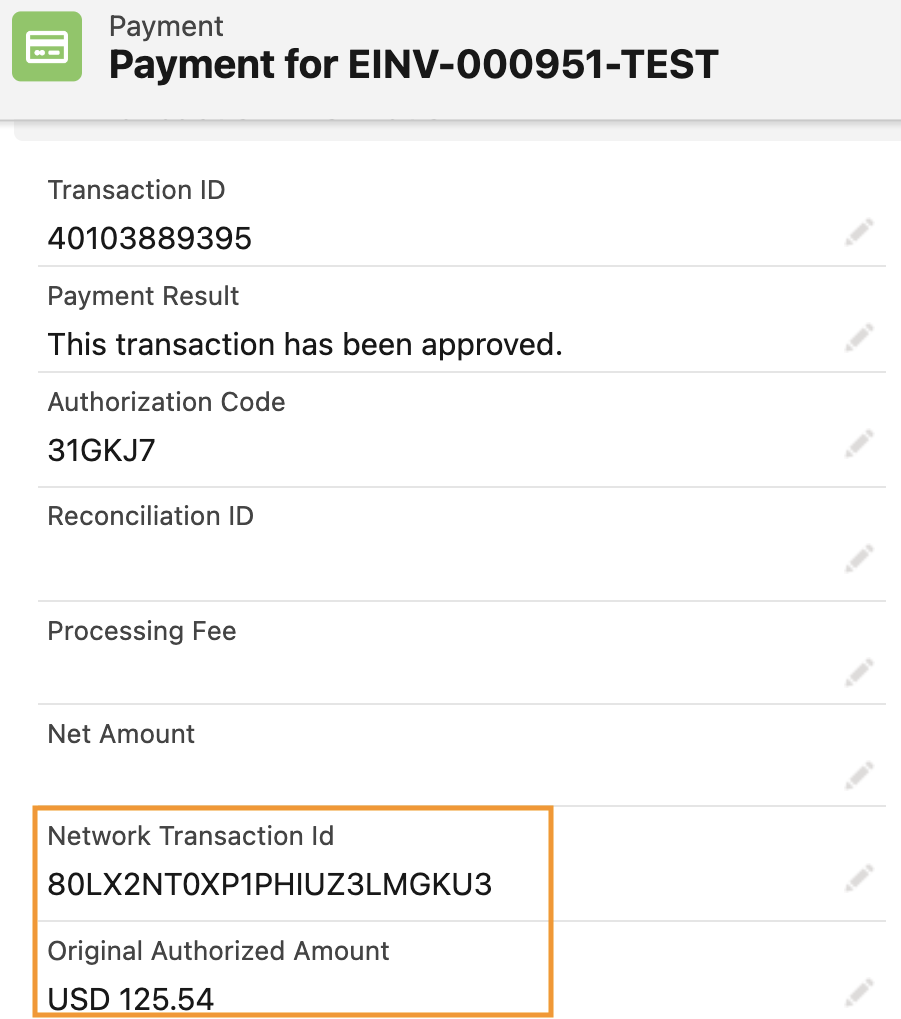Developer
Merchant-Initiated Transaction and Credential-on-File Support
Last updated on 24 Oct, 2025
For merchants who keep client payment credentials on file for potential future use, Mastercard, Visa, and Discover have released a set of mandates. The requirement gives greater visibility for all parties into transaction processing to determine initial storage and subsequent use of stored credentials in determining the risk level. When these details are provided, approval rate is increased and it also improves the experience of the cardholder. In our Winter 23 release, we ensure that we are compliant with these mandates.
Cardholder Initiated Transaction (CIT) is any transaction that is initiated by the cardholder. This mandate enables a merchant to identify any pre-existing relationship between a cardholder and an issuer by using a common identifier.
Merchant-Initiated Transactions (MIT) is a payment initiated by the merchant without the cardholder. This transaction can only be processed on a previous CIT.
Support for Credential-on-File (COF) transactions enables merchants and issuers to better understand their transaction risk. Each authorization returns a card Network Transaction ID (NetworkTransId) in response. The NetworkTransId (NTID) returned from the card network must be included with all future (or subsequent) transactions processed using the customers stored credentials.
There are two new fields created: Network Transaction ID and Original Authorized Amount, these will be populated during first time use. These new fields are found on these objects: Payment Profile, Recurring Invoice and Payment.
Sample Payment Profile record:

Sample Recurring Invoice Record:

Sample Payment Record:

*This feature is only available if you’re using Authorize.net and CyberSource as your processors.

